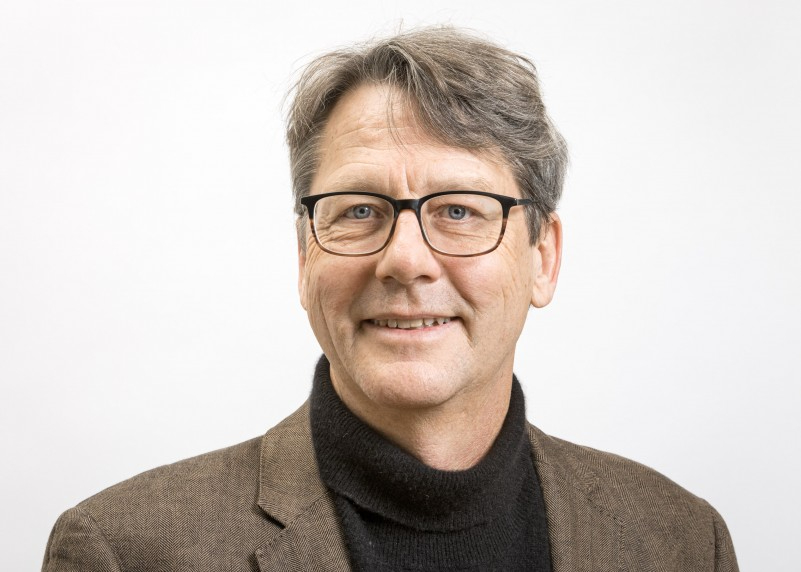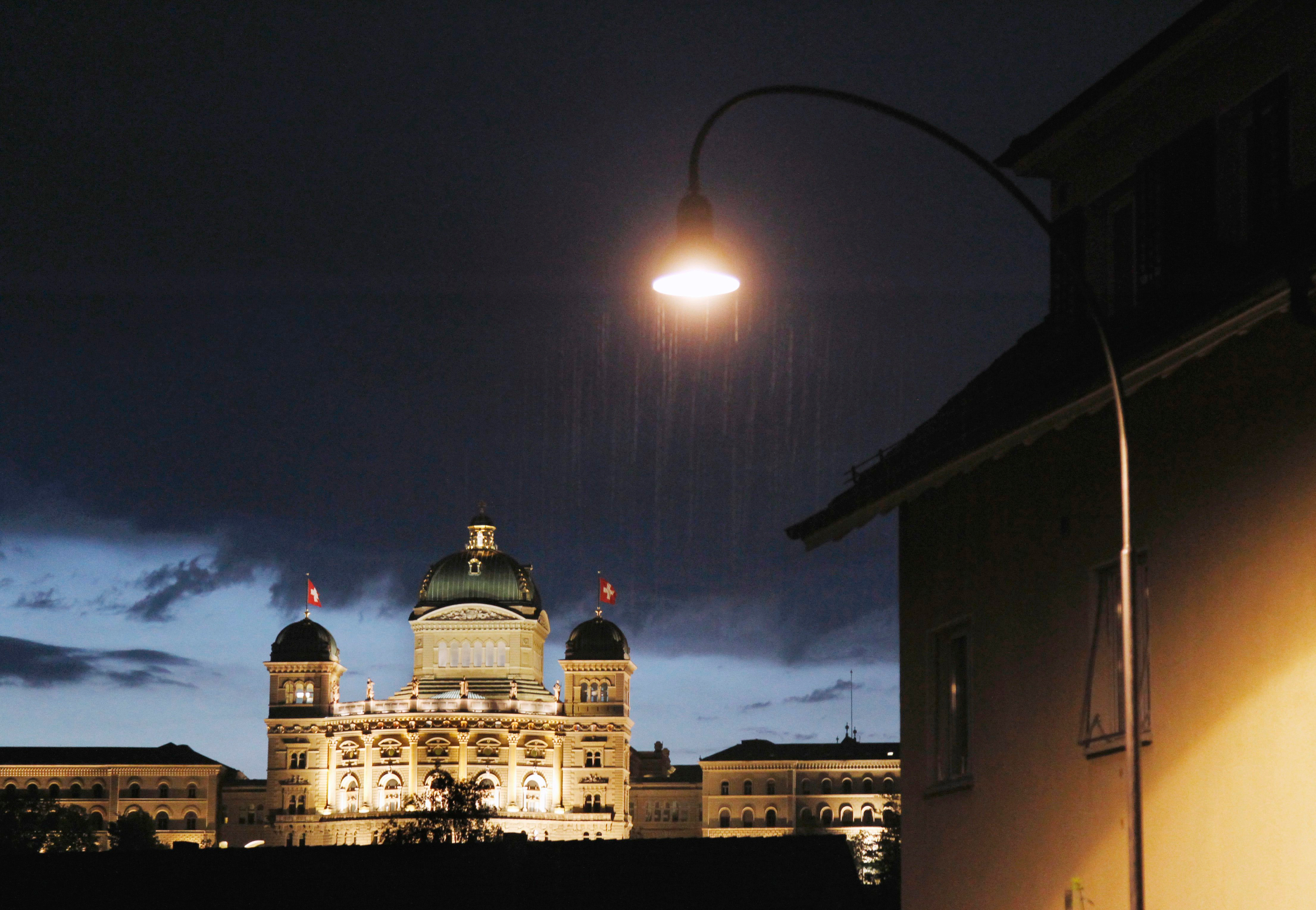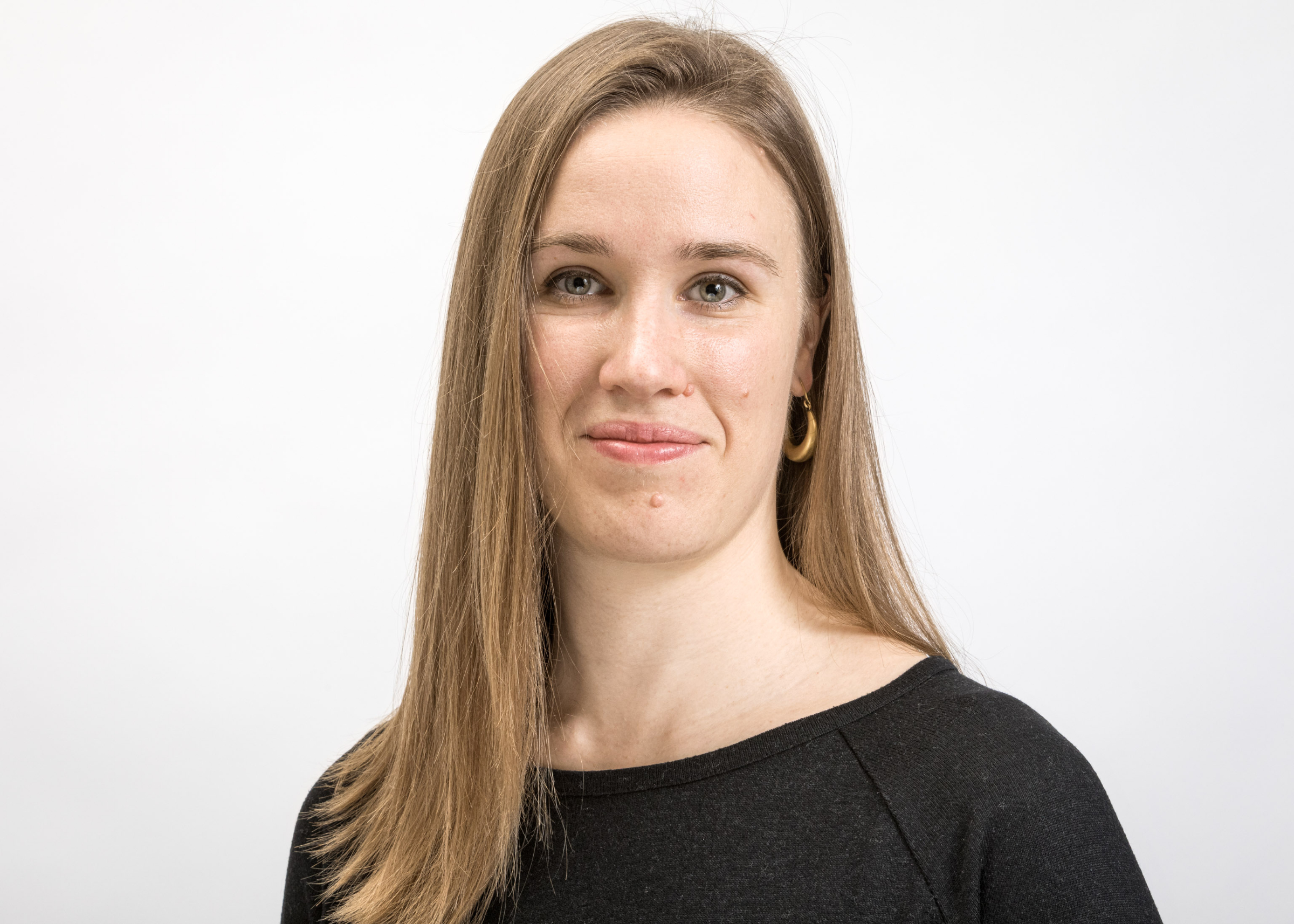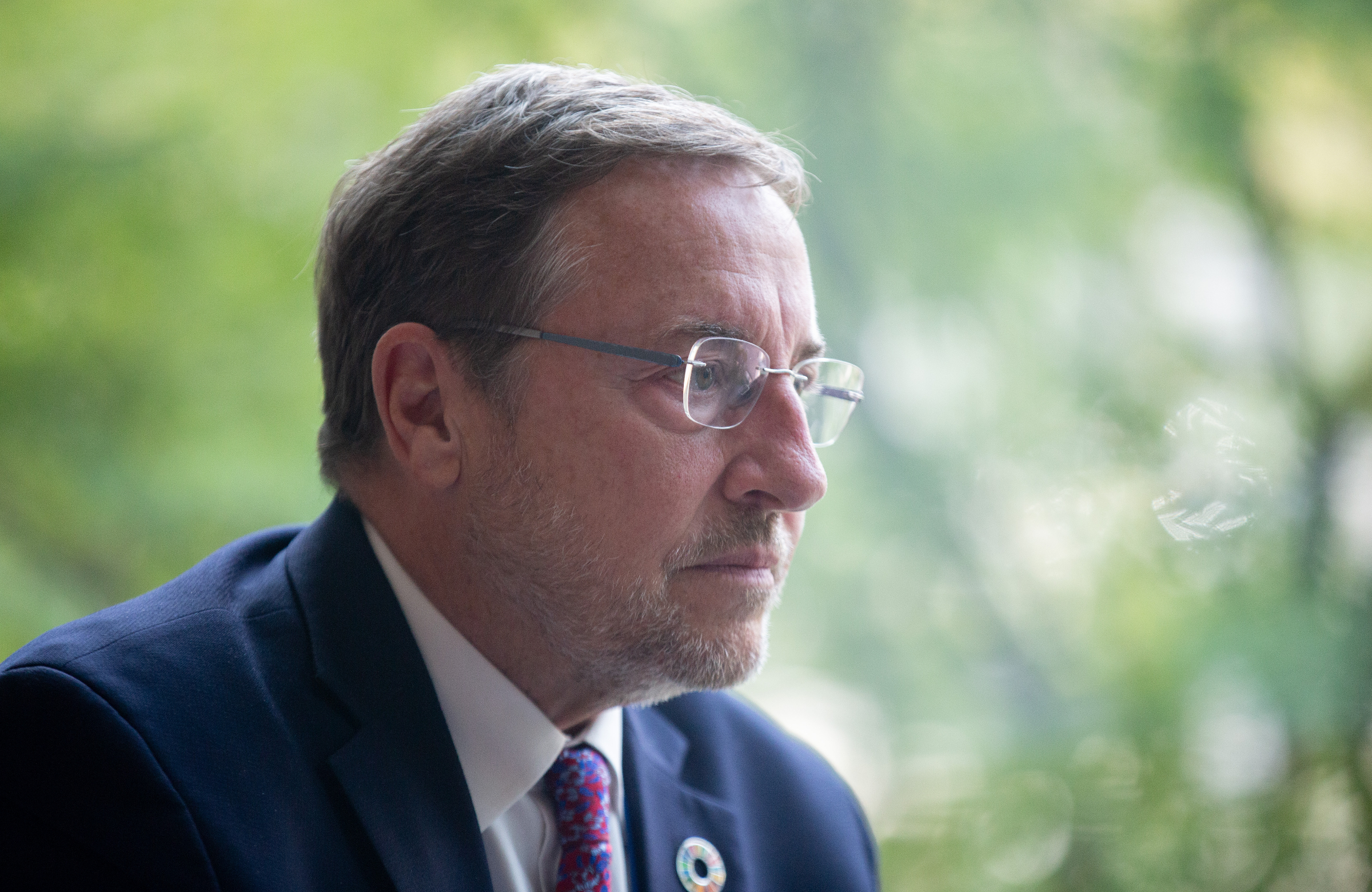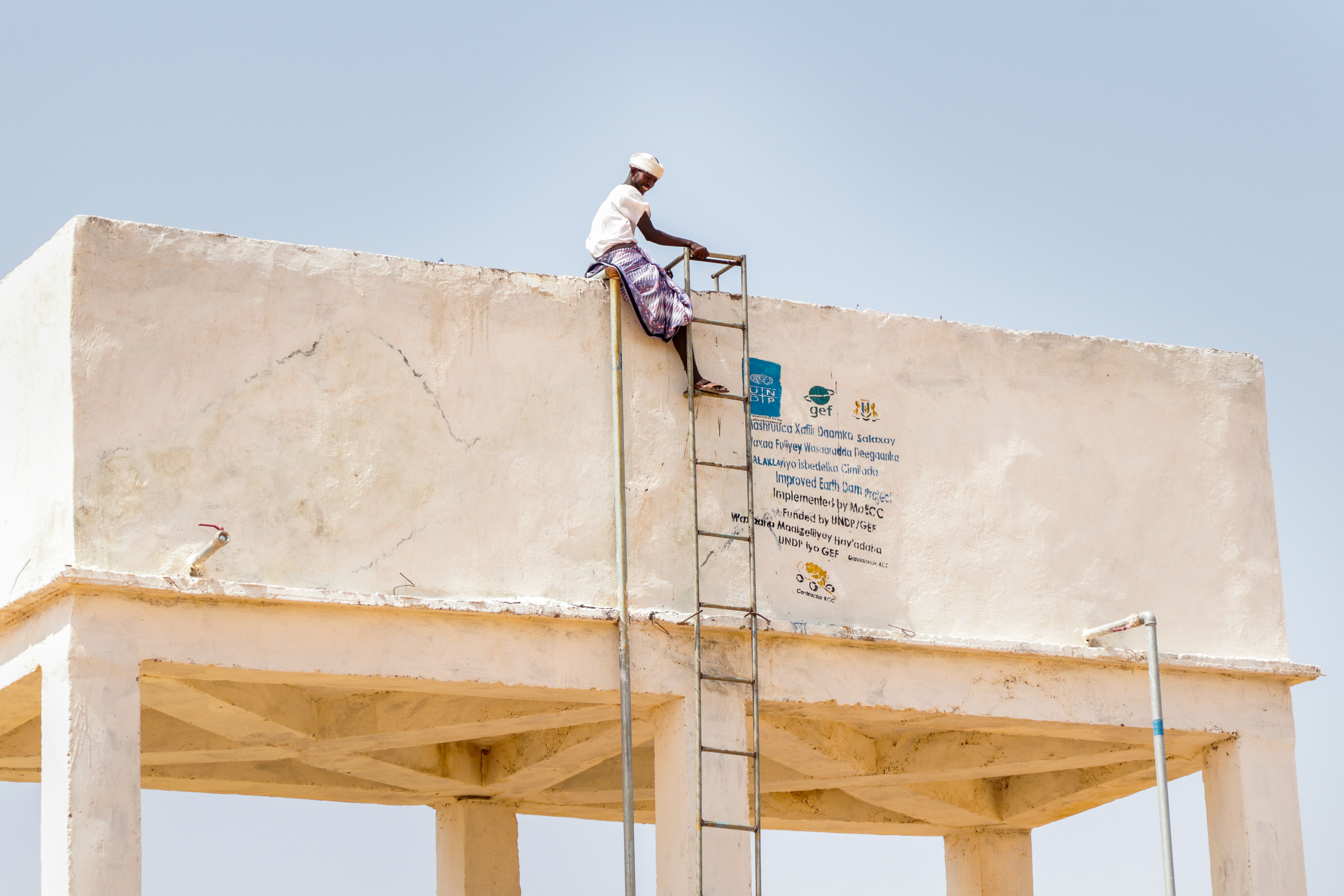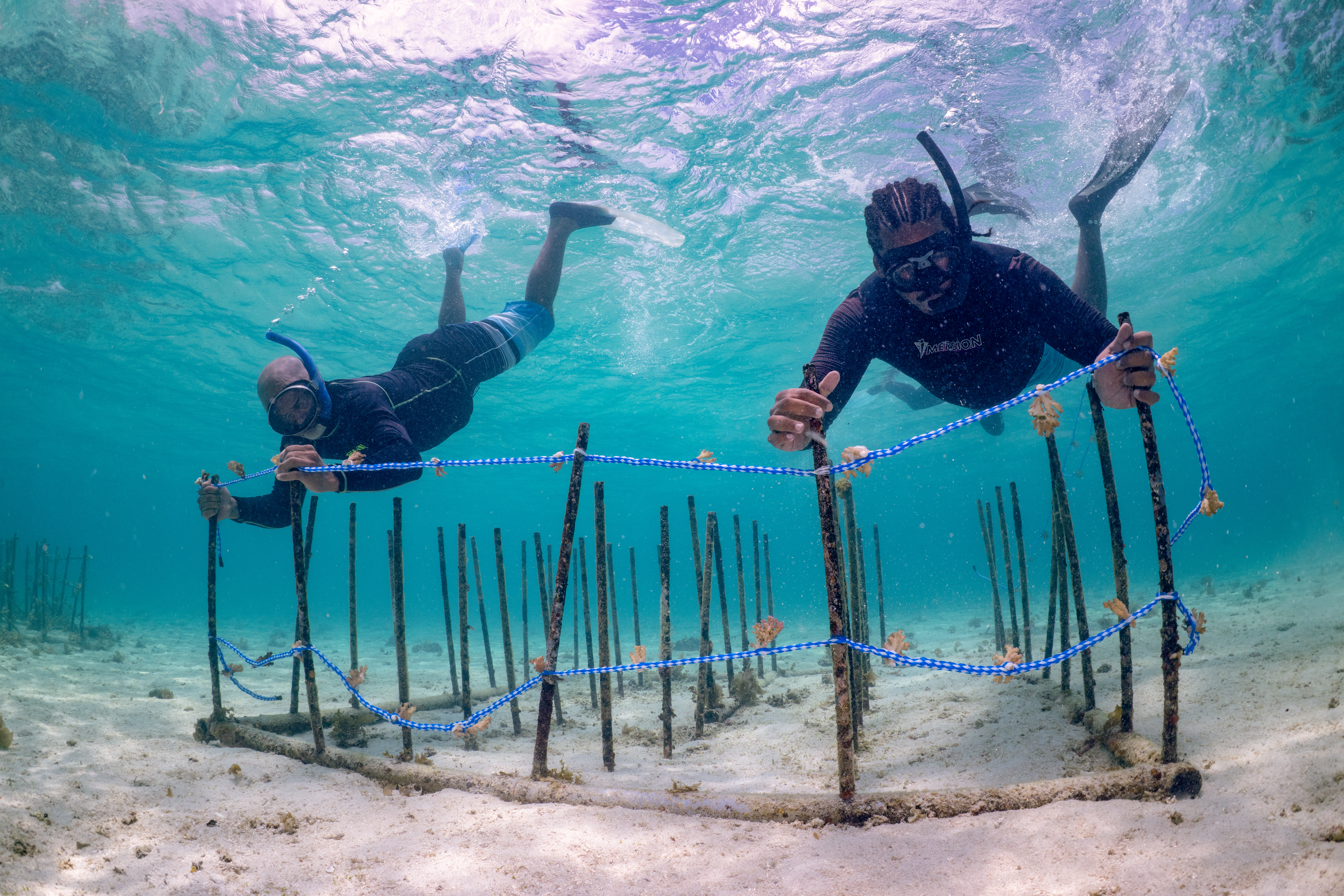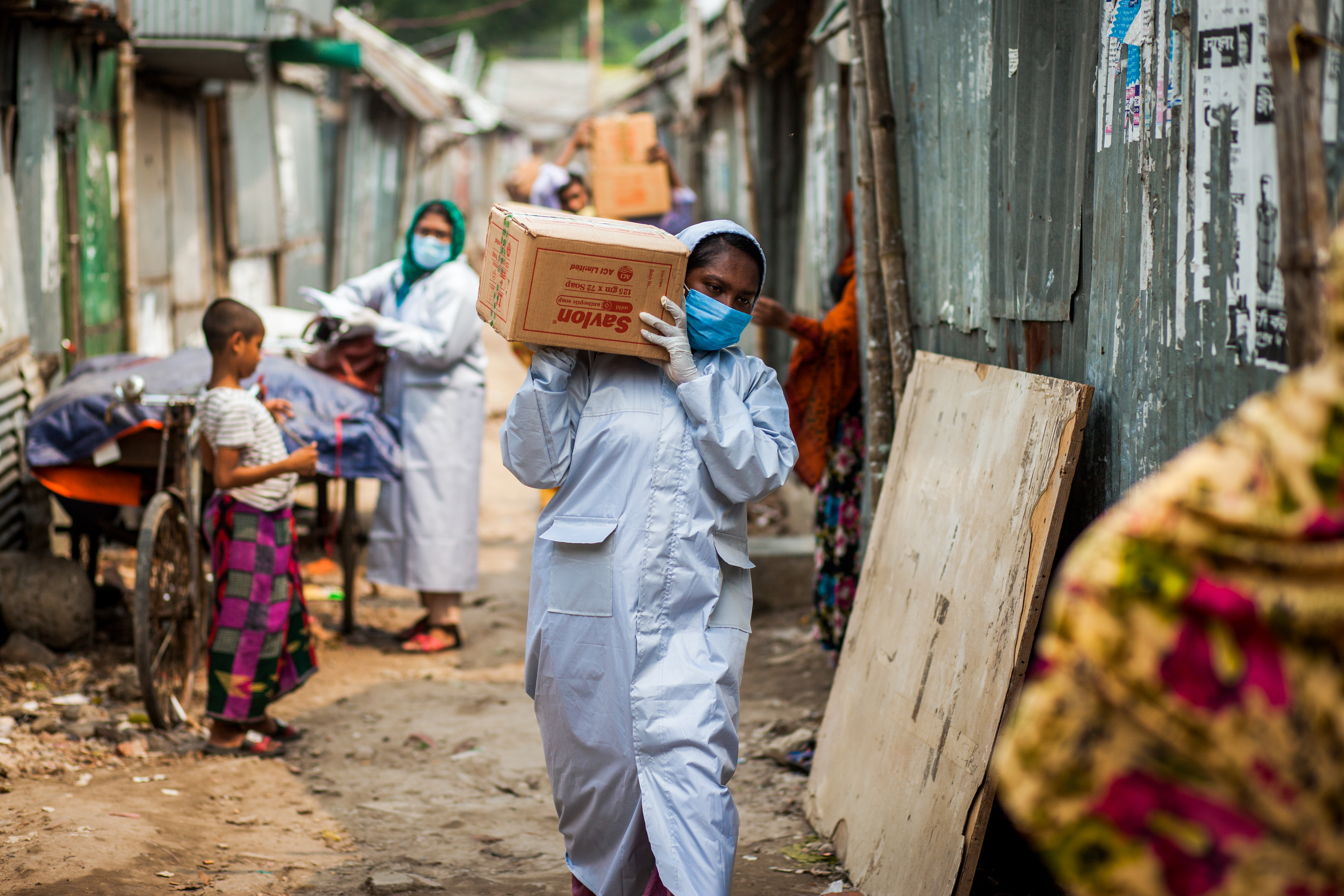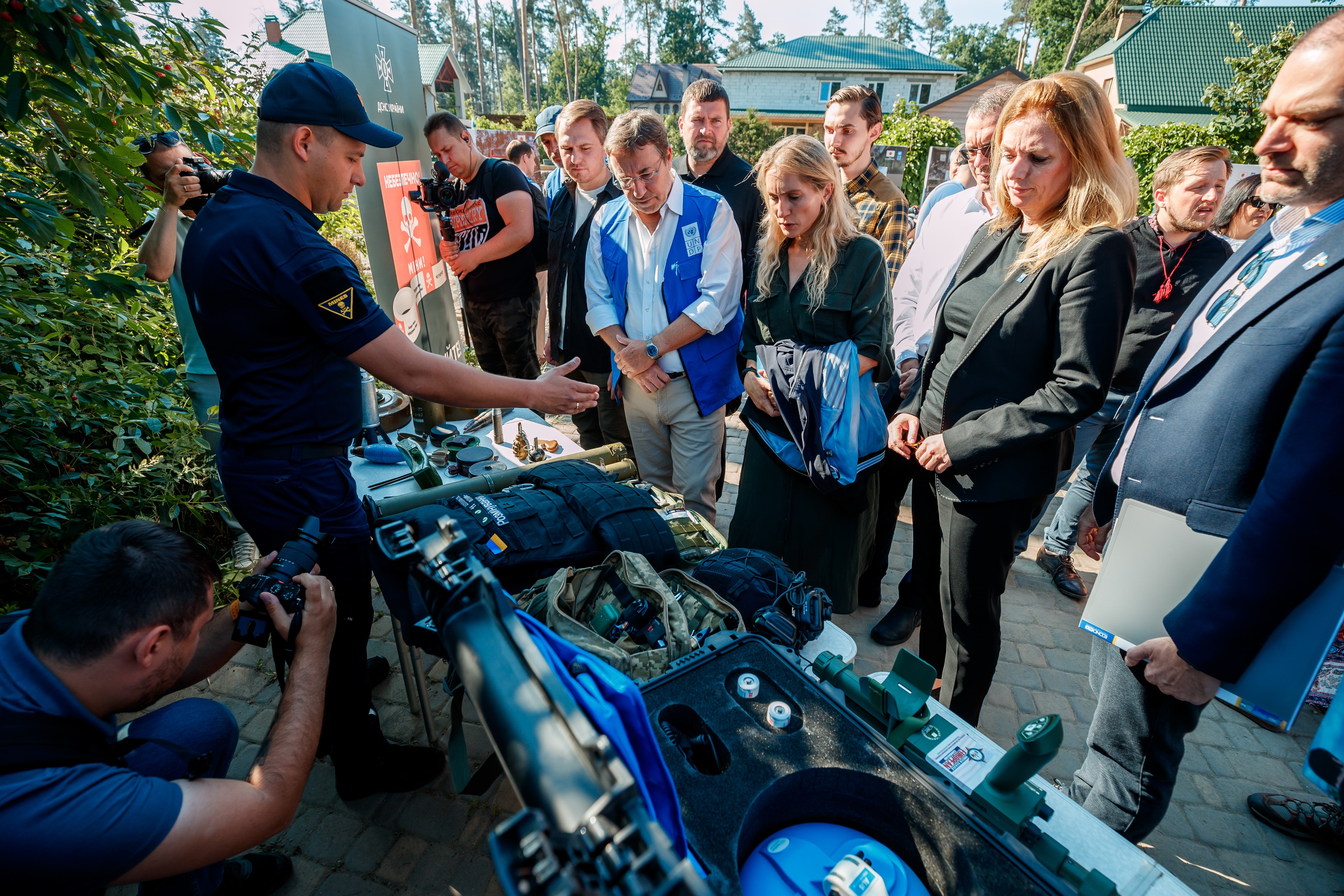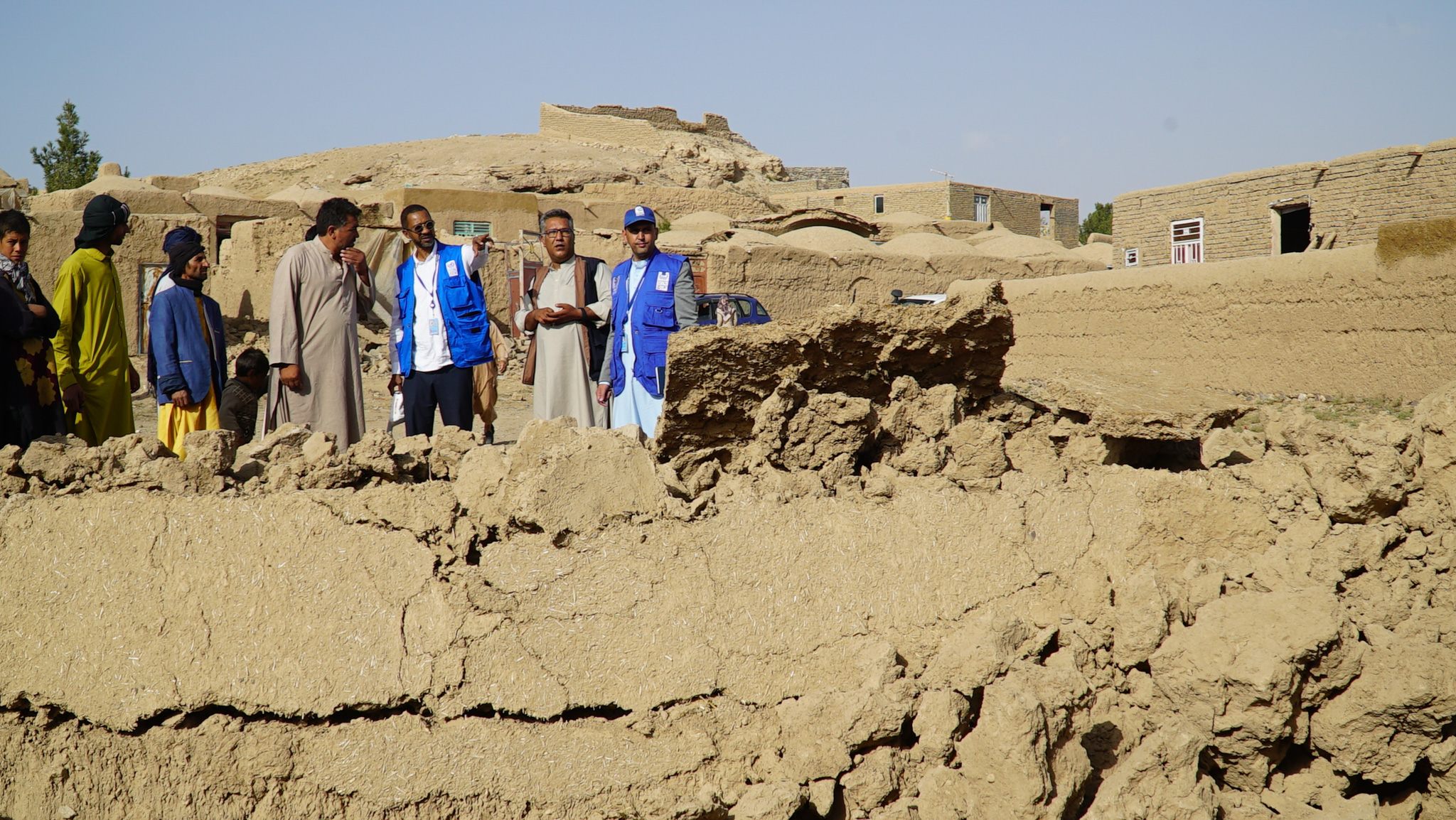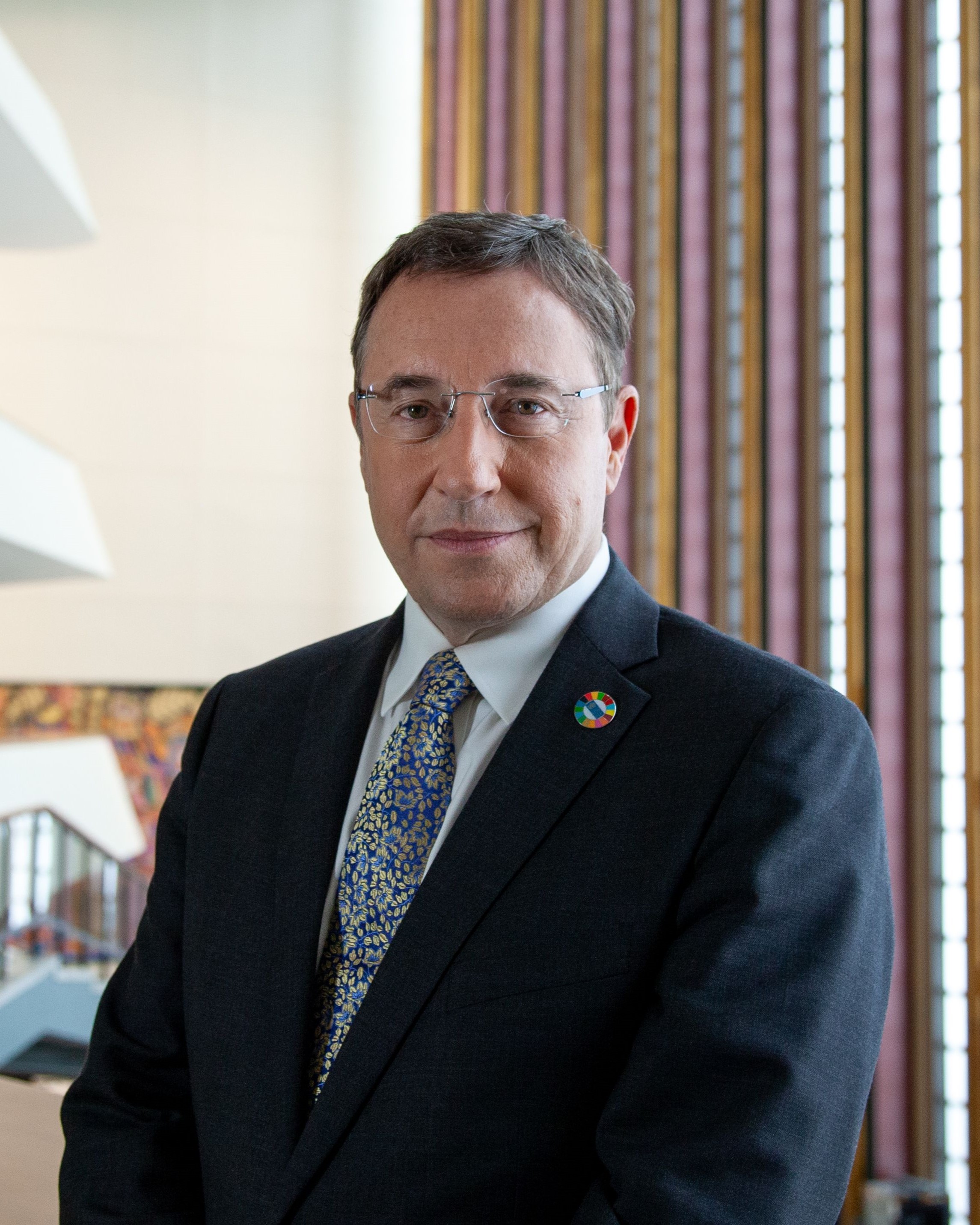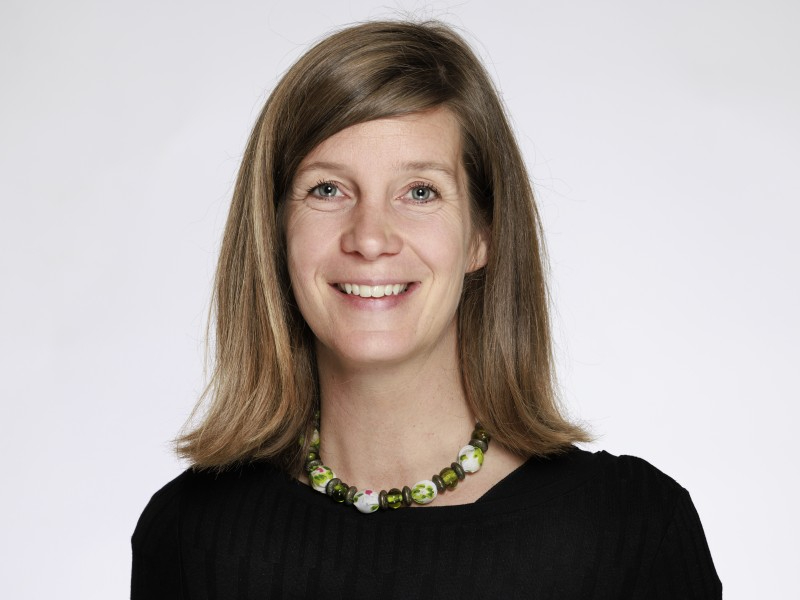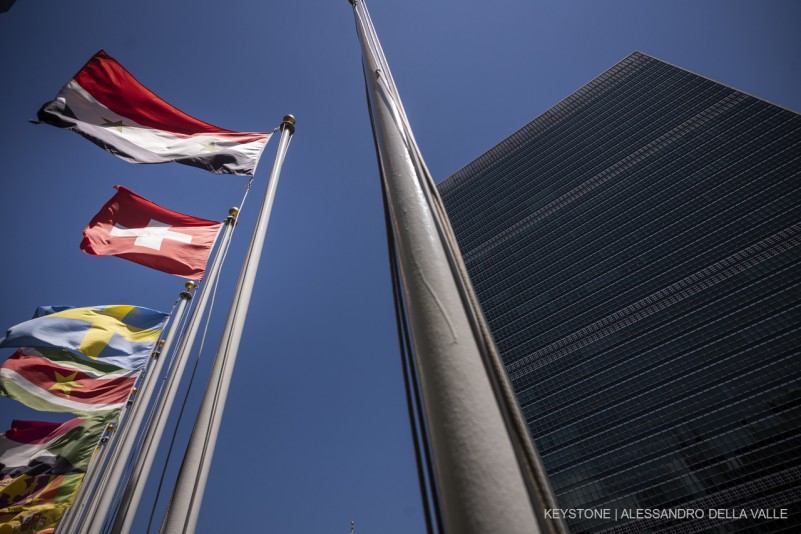by Laura Ebneter and Kristina Lanz
The United Nations (UN) was set up in 1945 in the aftermath of the Second World War to serve as a means of achieving greater worldwide understanding and cooperation and preserving world peace. Two of the most recent milestones in UN history are the adoption of the Paris Climate Agreement, and the 2030 Agenda and its 17 sustainable development goals that constitute the international roadmap for sustainable development. In signing the Agenda, Member States were united in signalling that the sustainable development goals can only be viewed holistically and implemented internationally. This is why the five dimensions of the Agenda have been designated as people, planet, prosperity, peace and partnership. Yet the rise of autocracies, of nationalistic movements and the lack of due diligence on the part of multinational corporations are producing a situation in which the “people” dimension – i.e. overcoming poverty and hunger – and that of “prosperity” are only being realised for some parts of the world’s population. Planet, peace and partnership are therefore being treated as secondary.
The illusion of universal values
It is doubtful whether the international community embodies the fundamental values required to implement the 2030 Agenda comprehensively and fairly. The truth is that ever more divides are emerging. The UN is confronting a range of challenges: on the one hand, with the burgeoning number of specialised sub-organisations also comes much more red tape, the danger of parallel structures and competition for dwindling resources. At the same time, the UN’s decision-making bodies are finding themselves ever more frequently paralysed. Time and again, the adoption of key resolutions for the preservation of international peace and the protection of human rights is thwarted by the veto power held by the five Permanent Members of the Security Council, especially in the context of growing rivalries between the USA, Russia and China.
There is also little optimism to report from the Human Rights Council. China, for example, has been trying for years to boost its influence in multilateral bodies, and among other things, has been striving deliberately to water down the definition of universal human rights. And the strategy seems to be working – in June 2020 and by a vote of 23 to 16, the Human Rights Council approved a resolution tabled by China entitled “Mutually beneficial cooperation in the field of human rights”, which treats human rights as an object of negotiation and compromise. Along with Bahrain and Qatar, most African, Latin American and Asian countries supported China.
Recent discussions in the UN General Assembly also provide food for thought. In April, for instance, a resolution intended to exclude Russia from the Security Council over its war of aggression against Ukraine was supported by only 93 countries. Twenty-four countries voted against it, and 58 abstained, including China and a number of African, Asian and Latin American countries. While observers view this in part as evidence of a new “West-East” or “North-South” divide, the reality does seem somewhat more complex.
China has grown into an economic superpower over recent decades and has created new dependencies in many countries of the Global South (see “global” #86); besides, Russia has made many friends by supporting anti-colonial movements. While the West has been ramping up its rhetoric about direct confrontation between democracies with “western values” and autocracies, both China and Russia have been promoting targeted anti-West rhetoric, which is finding an echo in many countries. The upshot is that western countries are often accused – and justifiably so – of hypocrisy when it comes to upholding human rights and democracy. Too often have they trampled on human rights both at home and abroad, and supported dictatorships whenever their economic or political interests so dictated.
What next?
It seems generally beyond question that despite all the differences among its members, the UN forms part of an indispensable system of international diplomacy and dialogue. There is also no shortage of principles or established visions and values. What does fall short is their implementation by States. The original and fundamental values enshrined in the Charter – the belief in the fundamental human rights of all persons, the dignity and worth of the human person, equal rights of men and women and of all nations – provide a powerful moral framework. The visions enshrined in the Paris Climate Agreement and in the 2030 Agenda, which are oriented towards the shared, long-term interests of all States, are ground-breaking. The approach to be followed by a determined and strong world community may seem simple yet, given the existing balance of power and the generally greater preponderance of national self-interest, they are not very realistic when it comes to implementation.
If we are to create a values-based world order, we must first and foremost ensure, at the institutional level, that all States embrace people-centred multilateralism and represent the interests of their people – and most crucially those of the poorest and most vulnerable segments of society. This calls for an active civil society that has a seat at the table. At the same time, it is also necessary to create and strengthen transnational coalitions also comprising civil society, the private sector and academia, which work uncompromisingly to advance human rights and sustainability for the common good.
It is crucial, in the process, not to further exacerbate the polarisation already present in various UN bodies by portraying them as “West-East” or “North-South”. All States are required fully to uphold the universal human rights and to place long-term common interests before short-term self-interest. No country in the world has an immaculate record in this respect: the West too will have to get off its high horse and admit that many of its accomplishments came at the expense of other countries, where they exacted and continue to exact an enormous social, environmental and economic price.
Switzerland readily invokes its humanitarian tradition. With “Genève internationale”, and now as a member of the UN Security Council, Switzerland would be ideally placed to promote values-based multilateral cooperation and to give it the importance it deserves. Being one of countries responsible each year for most of negative spillover effects on the achievement of the sustainable development goals in other countries, Switzerland is furthermore duty-bound to uphold human rights for everyone in a constant and uncompromising manner, to adapt its trade, financial and fiscal policies accordingly and also strictly and fully to implement (non-)binding UN agreements, especially the Paris Climate Agreement and the 2030 Agenda.
